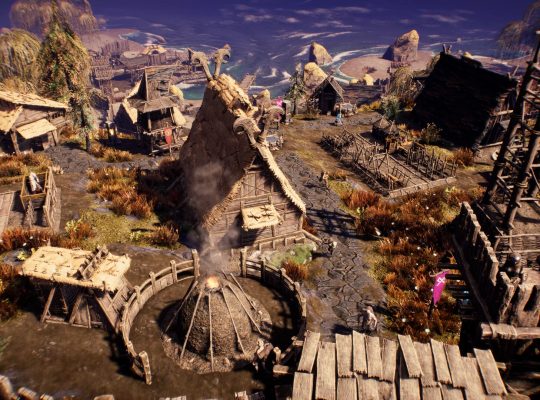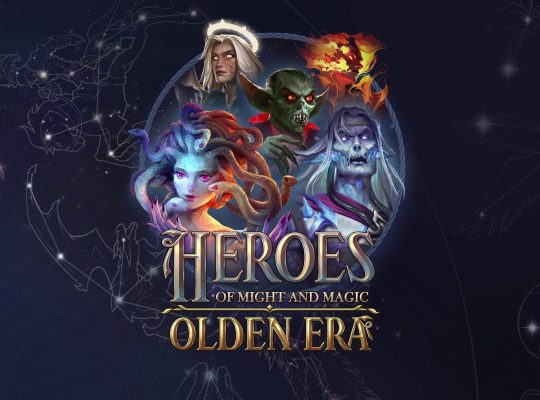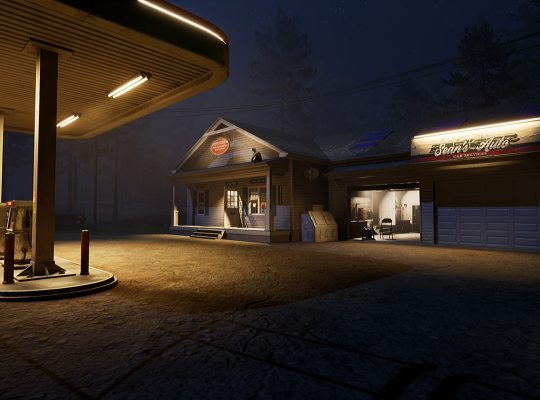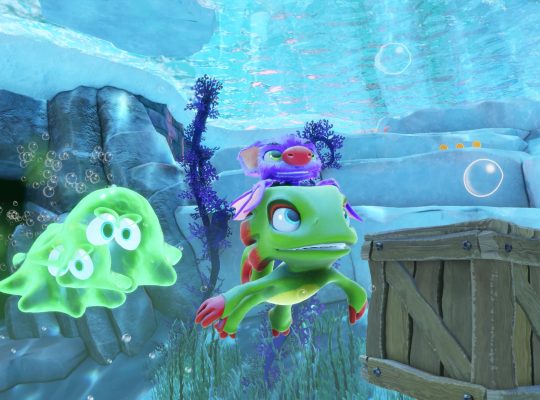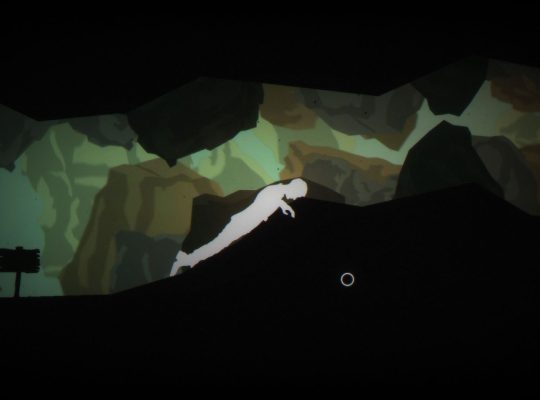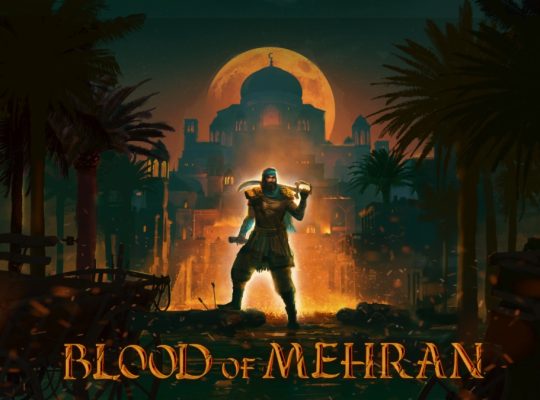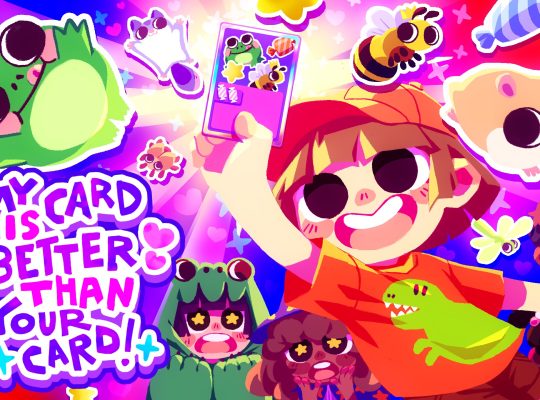- DEVELOPER: VEA Games
- PUBLISHER: Knights Peak Interactive
- PLATFORMS: PC, PS4, PS5, Xbox One, Xbox Series X/S, Nintendo Switch
- GENRE: Platformer
- RELEASE DATE: 5. prosinca 2024.
- STARTING PRICE: 29,99 €
- REVIEWED VERSION: PC
In Nikoderiko: The Magical World, you play as Niko and Luna, twin mongoose treasure hunters who stumble upon a magical island full of secrets. Their adventure begins when Baron Grimbald, the leader of the Cobring Gems Company, steals an ancient relic, forcing the twins to traverse seven unique worlds to get it back and save the island’s tribes. With vibrant visuals, a family-friendly tone, and music from legendary composer David Wise (Donkey Kong Country), the game proudly leans into its retro influences, combining 2D platforming sections with 3D segments.
Nikoderiko aims to appeal to older players who grew up with classic platformers, as well as a younger audience looking for a lighthearted and fun adventure. The game supports both single-player and local co-op, offering 7 to 15 hours of gameplay (longer for those who want to explore everything). But can it stand out in a genre full of similar titles, or does it just follow in the footsteps of its predecessors?
A Simple, Yet Charming Story and Atmosphere
The story is intentionally simple, which is expected from the genre the game emulates. Niko and Luna’s quest to stop Grimbald unfolds through short, synchronized cutscenes between worlds, introducing quirky characters like animal allies and eccentric opponents. The plot doesn’t aim for depth, Grimbald is a greedy corporate man, but it has a Saturday morning cartoon vibe that perfectly fits the game’s tone. The dialogue is playful; Niko cracks witty jokes while Luna remains a silent companion, creating a dynamic reminiscent of classic duos like Banjo and Kazooie.
The real storytelling happens through the environments. The seven worlds, such as Dry Sea, Magic Wood, and Snowland, evoke a once-lush island now under threat. From sun-drenched beaches with rickety piers to icy caves with geysers, each biome is bursting with personality. The pixel art in a crisp 2.5D aesthetic harks back to the SNES and PlayStation eras, while dynamic lighting and detailed sprites give the visuals an extra shine on modern screens.
David Wise’s soundtrack is one of the game’s greatest assets, combining playful melodies with atmospheric undertones. The tracks are reminiscent of his work on Donkey Kong Country, but without being a direct copy. Although not all musical numbers are memorable, the music elevates the atmosphere and helps even repetitive sections become tolerable. Sound effects, such as creaky footsteps, coin jingles, and specific sounds for mountains and the environment, add a tactile layer of immersion. The voice acting is charming but occasionally uneven, with some lines of dialogue sounding a bit cringe.

Familiar Gameplay with Refreshing Additions
Nikoderiko is a hybrid platformer that combines 2D side-scrolling with 3D chase sequences. You guide Niko (or Luna in co-op) through levels filled with classic platforming elements: jumping, swinging, sliding, and ground-pounding. The controls are straightforward—jump, attack, umbrella-glide, and wall-jump—but they have a slight clunkiness reminiscent of older games. Movement is fast, but not as fluid as modern platformers like Astro Bot. Occasionally, you might encounter issues with wall-jumping or imprecise sliding, which can lead to unwanted deaths.
The levels are structured around a world map and unlock sequentially as you progress. Each section blends linear movement with light exploration, with collectibles like N-I-K-O letters, purple diamonds, and coins scattered throughout. Hidden bonus rooms, where you need to collect stars or defeat enemies within 60 seconds, are reminiscent of challenges from Donkey Kong Country, while secret paths offer additional loot. The game’s pace varies; some levels are fast and exciting, while others feel drawn out by overly long challenges. Sparsely placed checkpoints can be frustrating, forcing you to repeat difficult sections.
What makes Nikoderiko unique is its riding system. You collect orbs to summon animal friends: Boaris the boar, Todd the frog, Oceanis the seahorse, and Dino the dinosaur, each with unique abilities. Boaris charges through enemies, Todd jumps high and spits poison, Oceanis swims and fires lasers, and Dino bites enemies and spits them out. These creatures can unlock new paths or combat options.

An Echo of the Past
Combat is simple but functional, with kicks for close-range attacks and barrels and TNT for distant enemies. Opponents range from spiky creatures that require a sliding attack to larger foes that need heavy kicks. Each world ends with a boss fight, such as a wilderness chef with a frying pan or a swamp flower with poisonous tentacles. These battles are well-designed, usually requiring three to six hits across one or two phases.
Most bosses rely on avoiding projectiles and finding openings to attack, with little environmental interaction except for the Volcano Golem and his barrels. While fun and satisfying, they lack the innovation seen in Cuphead’s unpredictable fights or Astro Bot’s clever gimmicks. Nikoderiko feels like a spiritual cousin to Crash Bandicoot, capturing its vibe but not its technical precision or iconic status. The game is gentler and more varied thanks to the animal companions and co-op play, but it lacks Crash’s sharp level design and technical polish.
The game’s variety visually freshens the experience, but mechanically, it relies on familiar tropes without much innovation. Traps and obstacles rarely evolve beyond “jump here, avoid that,” and the linear map limits exploration compared to the more open designs of games like Super Mario Odyssey. Still, the game’s cohesion and charm make the worlds memorable, even if they don’t revolutionize the genre.

A Love Letter to Classic Platformers
Nikoderiko: The Magical World is a delightful throwback that perfectly captures the atmosphere of 90s platformers without rewriting the rules. Its vibrant worlds, a standout soundtrack, and charming characters make it a true joy to play, especially with a friend. The riding system adds a fresh twist, but the game’s reliance on familiar tropes and occasional clunkiness prevent it from achieving true greatness. This game doesn’t redefine the genre, it just keeps things simple and fun.
For fans of series like Donkey Kong Country or Crash Bandicoot, this is a must-have game, especially at its accessible price. It offers a pleasant rush of nostalgia with enough polish to stand out among indie titles. Newcomers or casual players might not appreciate its specific nuances as much, but its accessibility and charm make it a solid choice for all ages. If nothing else, I recommend picking this game up on sale.
| Pros | Cons |
|---|---|
| Graphically beautiful game. | Clunky controls from time to time. |
| Simple and fun mechanics. | Lack of originality. |
| Very good, nostalgic soundtrack. | Technical hiccups. |
| Good replayability with the co-op mode. |
Review copy provided by the publisher
4




